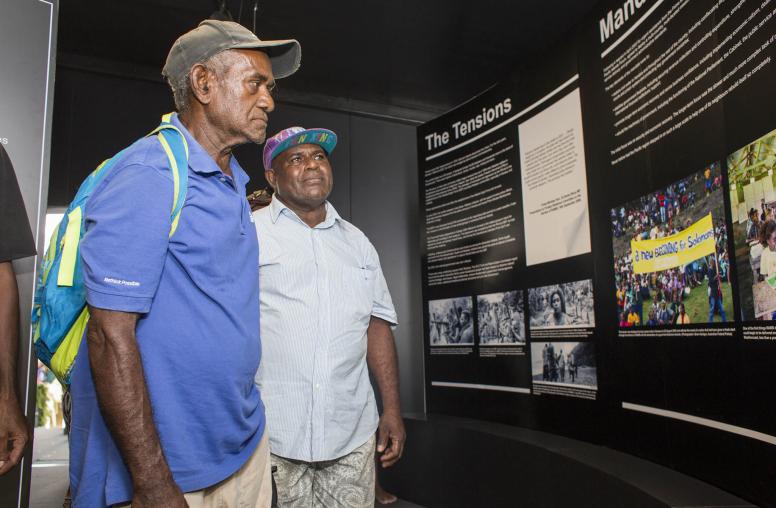Reflections from Afghan Women: The Consequences of an Unsuccessful Peace Process
This event is part of a series highlighting themes from “Imagine: Reflections on Peace,” a multimedia exhibit from USIP and The VII Foundation that explores the challenges of peacebuilding through an immersive look at societies that suffered — and survived — violent conflict.
The Taliban claim they have brought peace to Afghanistan now that the foreign occupation of the country has come to an end and they no longer operate as an active insurgency. However, for most Afghans, peace is not just the absence of violence — real peace also requires the presence of hope, respect for human rights, rule of law, and a lack of fear. By those measures, Afghanistan’s peace process has a long way to go, and women are the greatest victims of Taliban rule.
Over the 10 months since the Taliban assumed power, thousands of Afghan women, men and children have fled the country to escape possible persecution, oppression, imprisonment and torture. The Taliban have done little to govern the country but have passed a raft of regulations on women’s rights, including a ban on co-education, the closure of schools for girls’ grade 7 and up, banning women’s employment in government, and prescribed dress codes requiring women to be covered head to toe, including their face. Afghan women are once again bearing the human costs of the lasting legacy of decades of conflict and a failure to achieve sustainable peace.
On June 27, USIP held a discussion with leading Afghan women experts and activists who have shown extraordinary resilience and courage in the face of great uncertainty and fear. They talked about their journey from Afghanistan to the United States, the conditions currently facing Afghan women, and what the United States and international community can do to support a more inclusive and sustainable peace in Afghanistan.
Continue the conversation on Twitter using #AfghanWomen.
Speakers
Palwasha Hassan
Senior Fellow, Institute for Women, Peace and Security, Georgetown University
Lima Ahmad
Doctoral Candidate, Fletcher School of Law and Diplomacy, Tufts University
Muzhgan Sadat
Gender Activist and Novelist
Belquis Ahmadi, moderator
Senior Program Officer, U.S Institute of Peace




